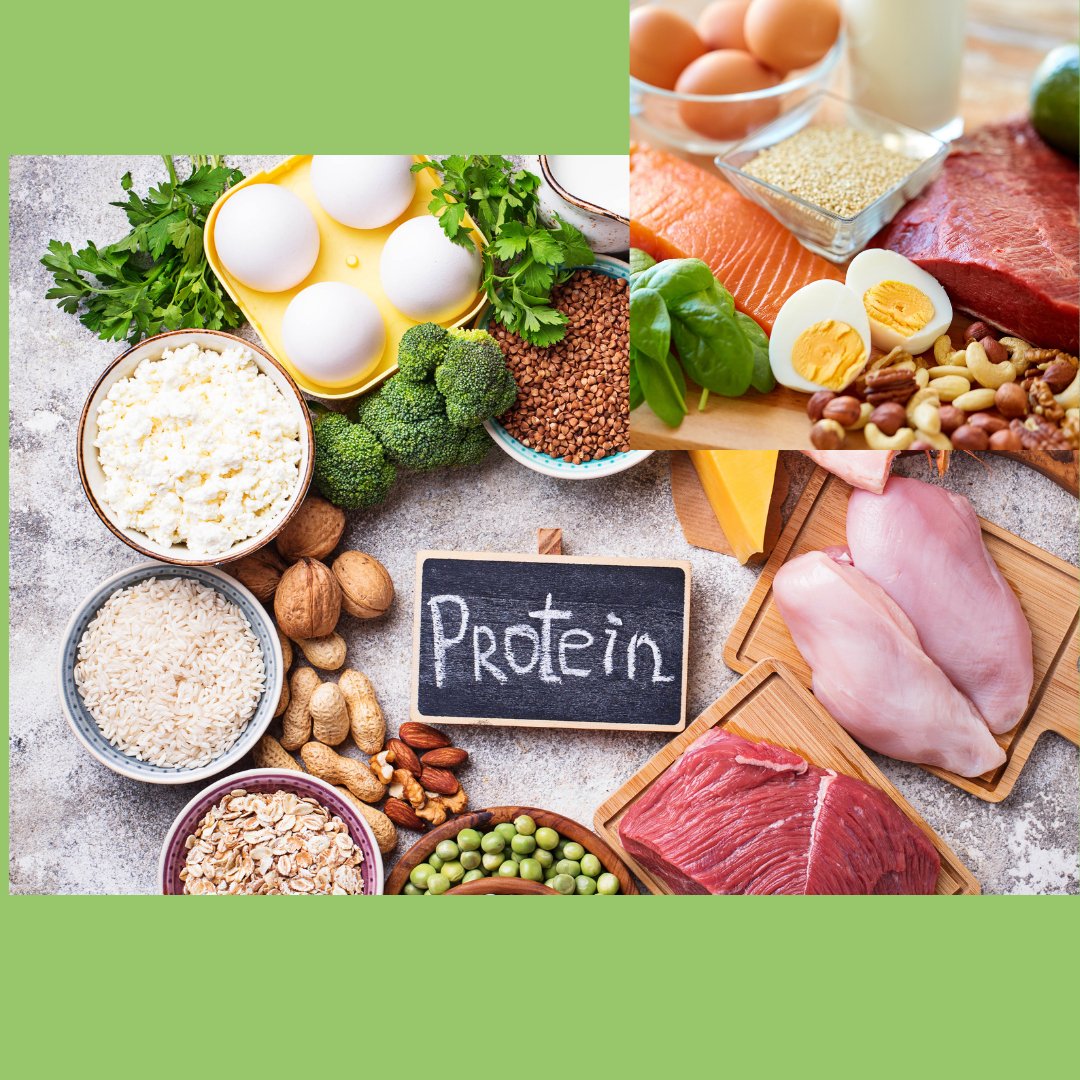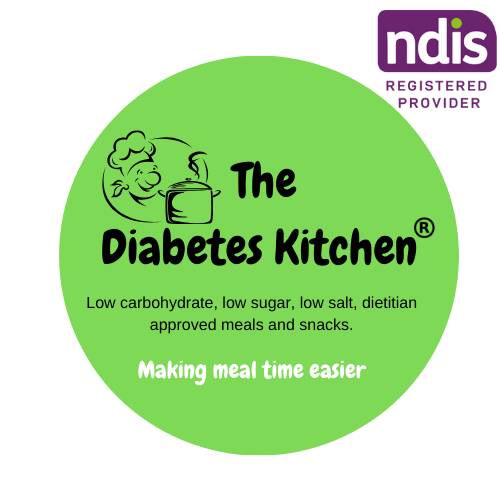For individuals managing diabetes and weight concerns, the importance of protein in the diet cannot be overstated. Protein is a key nutrient that helps stabilize blood sugar levels, supports metabolism, and sustains muscular health, all of which are crucial for overall well-being. Here, we delve into why protein is particularly important for Australians who are diabetic and overweight, and highlight the best sources to incorporate into your diet.
Why is Protein Important for Diabetics and Weight Loss Diets?
1. Blood Sugar Control: Unlike carbohydrates, protein does not cause a quick spike in blood sugar levels. It takes longer to digest, which helps slow the absorption of sugar into the bloodstream, providing a steady energy release and maintaining stable glucose levels.
2. Hunger and Satiety: Protein is more satiating than carbs or fats, which means it can help you feel full longer. This is particularly beneficial for those looking to manage their weight, as it can help reduce overall calorie intake by curbing unnecessary snacking and overeating.
3. Weight Management: High-protein diets have been shown to boost metabolism and increase the number of calories burned. This is due to the thermic effect of food—the energy required to digest, absorb, and process nutrients. Protein has a higher thermic effect than other macronutrients, which helps in more effective weight management.
4. Muscle Preservation: In the context of weight loss, it’s important that the weight lost is fat and not muscle mass. Protein plays a critical role in muscle growth and repair. Maintaining muscle mass is crucial, especially for diabetics, as muscles play a key role in glucose metabolism.
Best Sources of Protein
When choosing protein sources, it's important to opt for those that are low in saturated fats and calories to avoid exacerbating diabetes and weight issues. Here are some of the best protein sources that fit these criteria:
1. Lean Meats: Chicken and turkey breasts are excellent sources of high-quality protein. Opt for skinless options to minimize fat intake. Kangaroo meat, which is leaner and higher in iron and zinc than traditional meats, is also a great choice for those seeking variety in their diet.
- great with salad or steamed veggies
2. Seafood: Fish such as salmon, mackerel, tuna, and sardines are not only rich in protein but also provide omega-3 fatty acids, which are beneficial for heart health—a key consideration for diabetics. Shellfish, while high in protein, should be consumed in moderation due to their cholesterol content.
- also great with salad or steamed veg, or basmati rice
3. Legumes and Beans: Chickpeas, lentils, and a variety of beans are excellent plant-based sources of protein. They are also high in fiber, which helps regulate blood sugar levels and supports digestive health.
- we like these either on their own, or a mix of different types in a bowl
4. Low-Fat Dairy or Dairy Alternatives: Greek yogurt, cottage cheese, and milk offer good amounts of protein. For those who are lactose intolerant or vegan, almond milk and soy milk are viable alternatives.
- choose greek yoghurt - not greek 'style' yoghurt
5. Nuts and Seeds: Almonds, walnuts, flaxseeds, and chia seeds are not only protein-rich but also contain healthy fats and fibers. They make excellent snacks or additions to meals but should be consumed in controlled portions due to their high-calorie content.
- great for snacks
6. Eggs: Eggs are a low-calorie and versatile source of protein that can be incorporated into various meals throughout the day.
- great for a healthy omelette full of veggies like onion, capsicum, add cheese etc.
Incorporating a variety of these protein sources into your diet can help manage both diabetes and weight effectively. Remember, while protein is important, a balanced diet that includes carbohydrates from whole grains and fruits, as well as healthy fats, is essential for managing diabetes and overall health. Always consult with a healthcare provider or dietitian to tailor dietary choices to your specific health needs.





